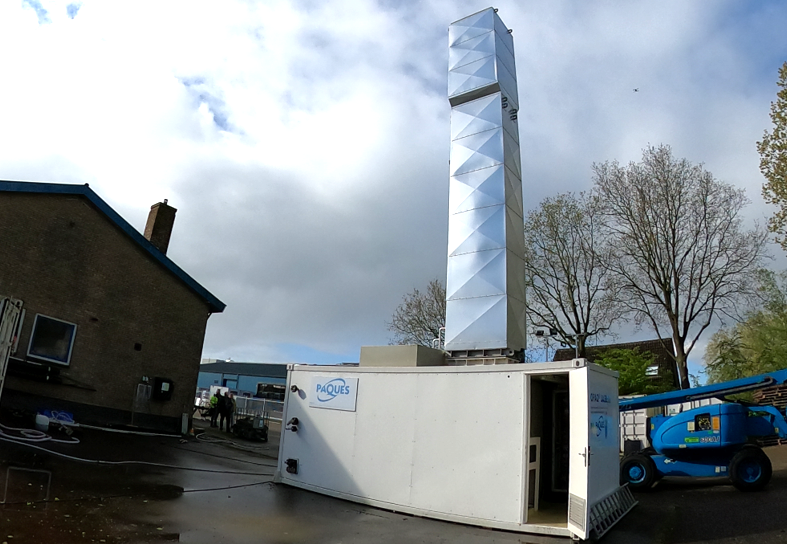Anaerobic wastewater treatment project
Project highlights
We're transforming the energy balance of wastewater treatment.
Ofwat project funding
£6.26 million
Collaboration
We'll be working with ten partners
Project status
Due to be completed February 2028
Challenge: Reducing the energy needed for sewage processing
Wastewater treatment methods at medium to large sewage works rely on activated sludge. The century-old process involves bubbling air through sewage. This supports the growth of bacteria that clean the water so it’s safe to discharge to the environment.
The method has significantly improved public health globally. However, it's energy-intensive and uses approximately 55% of our wastewater treatment energy. It also releases nitrous oxide, a greenhouse gas that's 273 times more potent than CO2.
Solution: Transforming wastewater treatment with Anaerobic Technology
We're exploring a game-changing alternative: Anaerobic Wastewater Treatment (AWT). This innovative technique utilises different bacteria that thrive without air. It will naturally clean the water and eliminate nitrous oxide production.
The technique is already used in tropical regions. The warm temperatures help the bacteria perform at their best. For the UK climate, however, they will need some help. We've been following the research into this for over ten years. We're very excited to be now taking it to the next level.
Our sewage treatment works already use anaerobic bacteria to treat solids in digesters. This produces and captures biogas. We use biogas around our sites as a source of renewable energy. At some sites, we put this energy back into the National Grid.
The novel AWT process will allow us to produce biogas from the liquid sewage, too. This is an important factor in helping the water industry achieve its Net Zero targets.
How the project works
We're developing a mobile pilot plant. It will be tested at several of our wastewater treatment works. Thorough tests will be completed before going to our partnering water companies.
If everything works well, we will build a permanent AWT plant. We hope the plant will show its ability to replace the aging activated sludge process.
It's an ambitious project but it will help to shape a more sustainable future.

Timeline and collaboration
The project funded by £6.26 million from Ofwat started in September 2022 and we aim to complete it in February 2028. We're working with nine water companies and a university to thoroughly test AWT in the field.